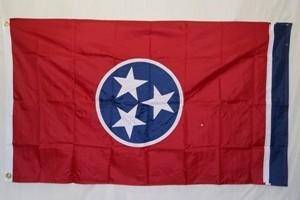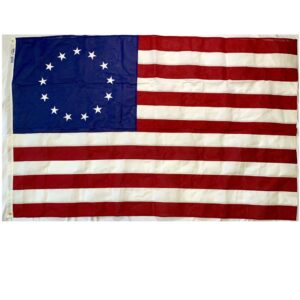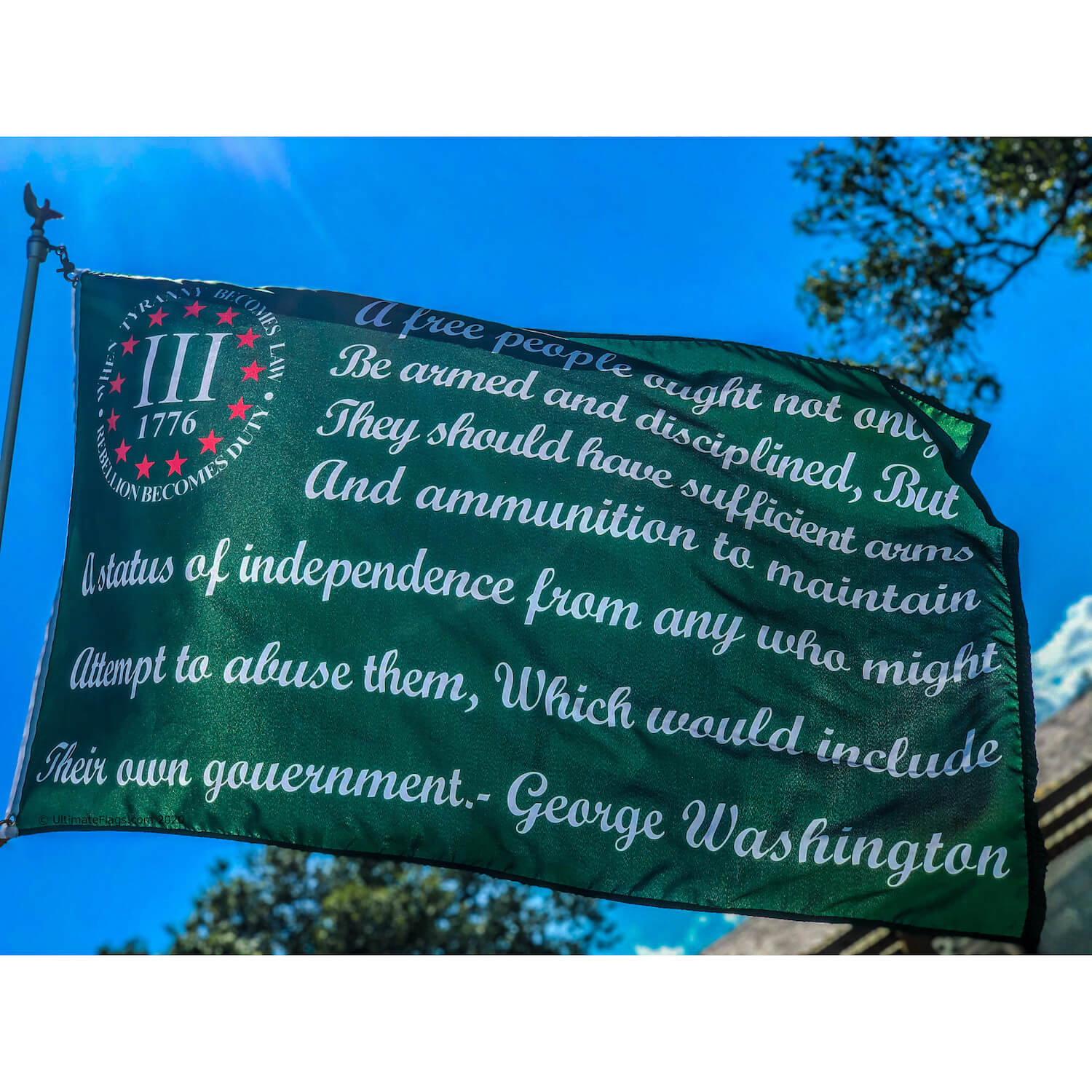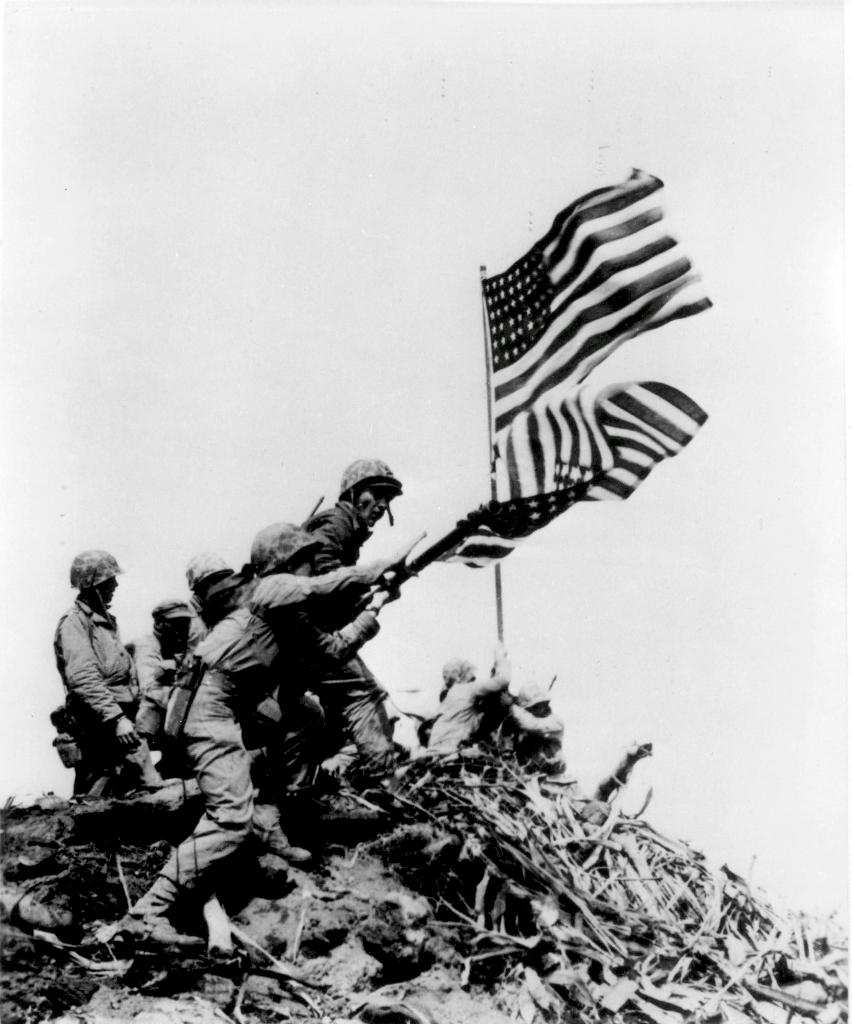
Millions of Americans are preparing to celebrate Veteran’s Day on the 11th of November. On the 11th hour of the 11th day of the 11th month in 1918, an armistice was declared, effectively ending “The Great War” – World War I.This day has been marked ever since, with parades and special ceremonies all across America.
In November 1919, President Wilson proclaimed November 11 as the first commemoration of Armistice Day with the following words:
“To us in America, the reflections of Armistice Day will be filled with solemn pride in the heroism of those who died in the country’s service and with gratitude for the victory, both because of the thing from which it has freed us and because of the opportunity it has given America to show her sympathy with peace and justice in the councils of the nations…”
On November 11, 1921, an unidentified American soldier killed in World War I was buried at Arlington National Cemetery. We call his resting place the Tomb of the Unknown Soldier. Every year the President of the United States places a wreath of flowers at the site.
The United States Congress passed a resolution on June 4, 1926, with these words:
Whereas it is fitting that the recurring anniversary of this date should be commemorated with thanksgiving and prayer and exercises designed to perpetuate peace through good will and mutual understanding between nations; and
Whereas the legislatures of twenty-seven of our States have already declared November 11 to be a legal holiday: Therefore be it Resolved by the Senate (the House of Representatives concurring), that the President of the United States is requested to issue a proclamation calling upon the officials to display the flag of the United States on all Government buildings on November 11 and inviting the people of the United States to observe the day in schools and churches, or other suitable places, with appropriate ceremonies of friendly relations with all other peoples.
Everyday Americans turn out for local parades, thank the military veterans they know who served in the Army, Navy, Air Force, Marines, and Coast Guard, fly the Stars and Stripes, and stand proud with hands over hearts when the American anthem, the Star Spangled Banner, plays.
It’s reported that President George Washington once said:
“The willingness with which our young people are likely to serve in any war, no matter how justified, shall be directly proportional to how they perceive the Veterans of earlier wars were treated and appreciated by their nation.”With millions showing disrespect for our flag and to those who bravely fought and gave the ultimate sacrifice, their lives, to protect the citizens of the United States and freedoms, it is now more important than ever that we celebrate our veterans and we fly our flags proudly.
Thanks for reading! We hope you enjoyed our post. Please share with all your fellow patriots. Brought to you by: Ultimate Flags


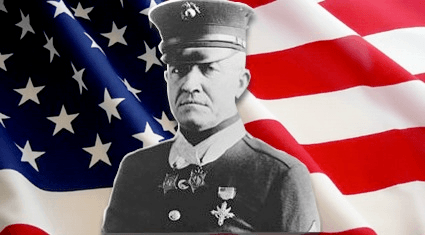
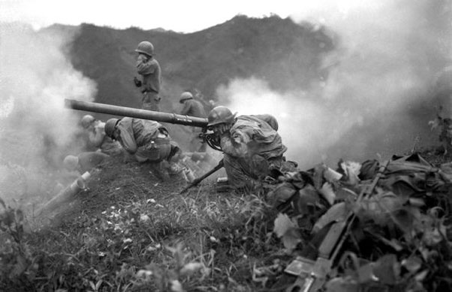
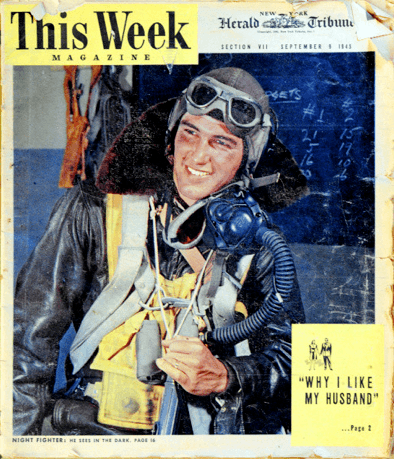
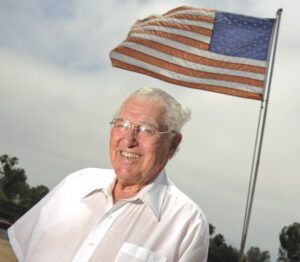 You can see his Navy Cross, Air Medal, Purple Heart and Distinguished Flying Cross below. And yes, in the middle, that’s the bullet he took in that last wild dogfight of his life. Pictured Right, Buck in later years.
You can see his Navy Cross, Air Medal, Purple Heart and Distinguished Flying Cross below. And yes, in the middle, that’s the bullet he took in that last wild dogfight of his life. Pictured Right, Buck in later years.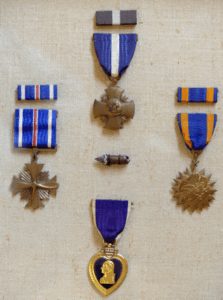
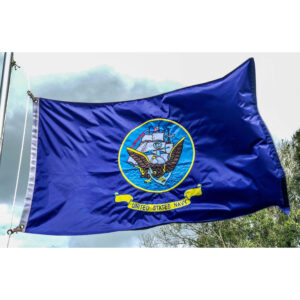
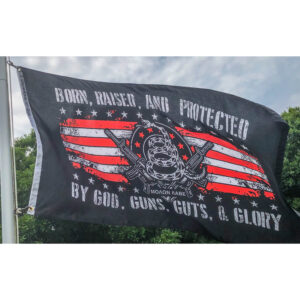
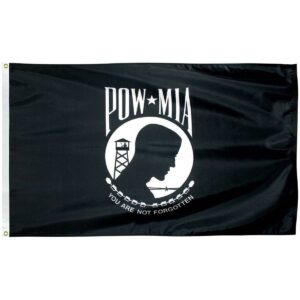
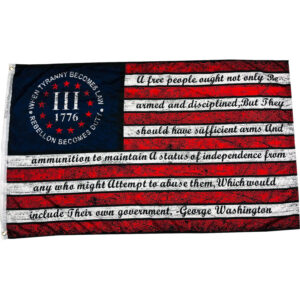
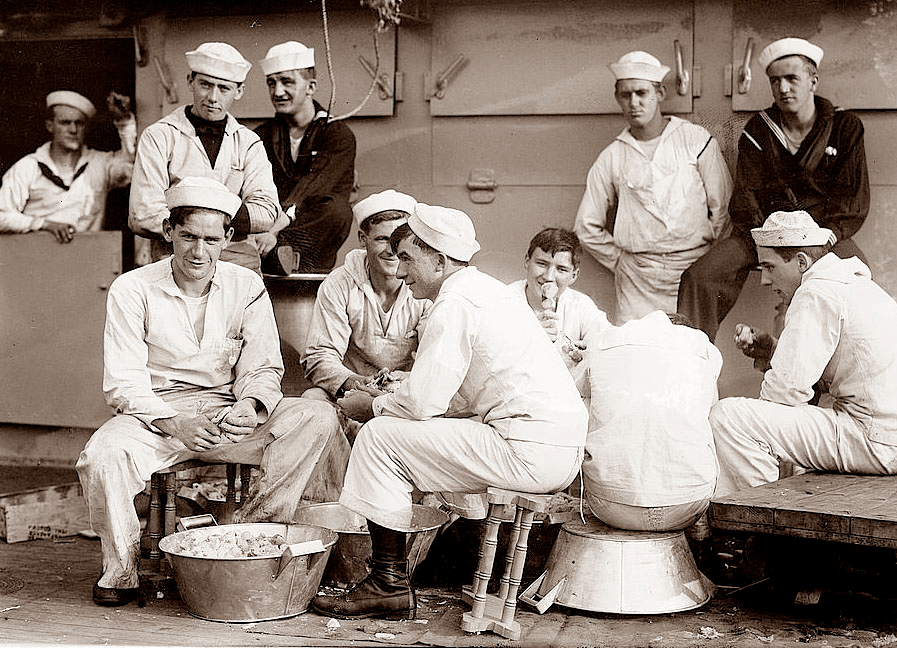
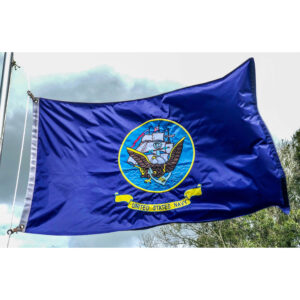
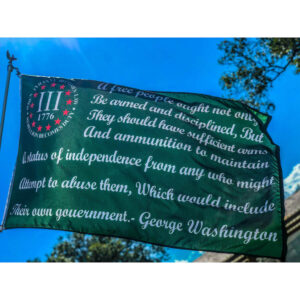
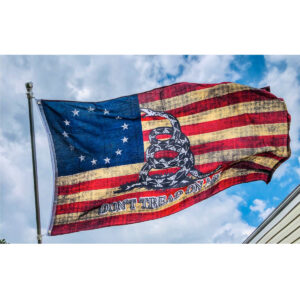
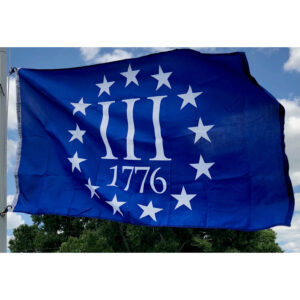
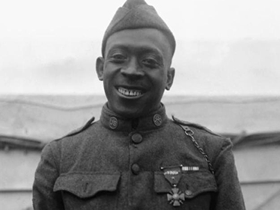
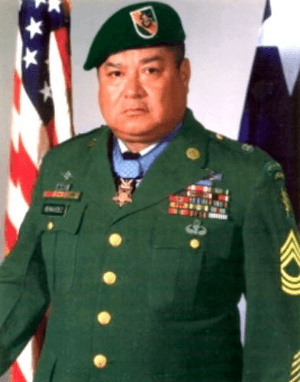
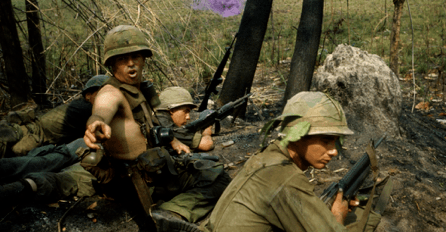
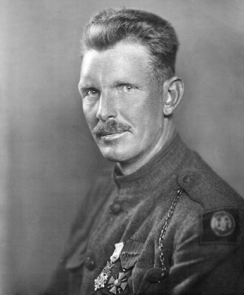
 “I used to drink a lot of moonshine. I used to gamble my wages away week after week. I used to stay out late at night. I had a powerful lot of fist fights….”
“I used to drink a lot of moonshine. I used to gamble my wages away week after week. I used to stay out late at night. I had a powerful lot of fist fights….”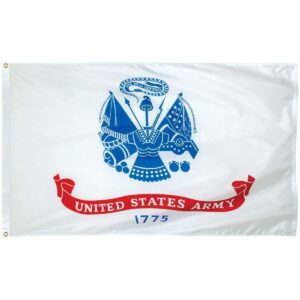
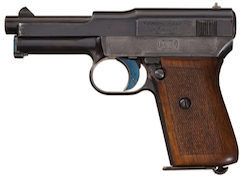 Suddenly six of the enemy jumped out of their trench and charged York. He pulled out an old automatic pistol and started firing:
Suddenly six of the enemy jumped out of their trench and charged York. He pulled out an old automatic pistol and started firing: